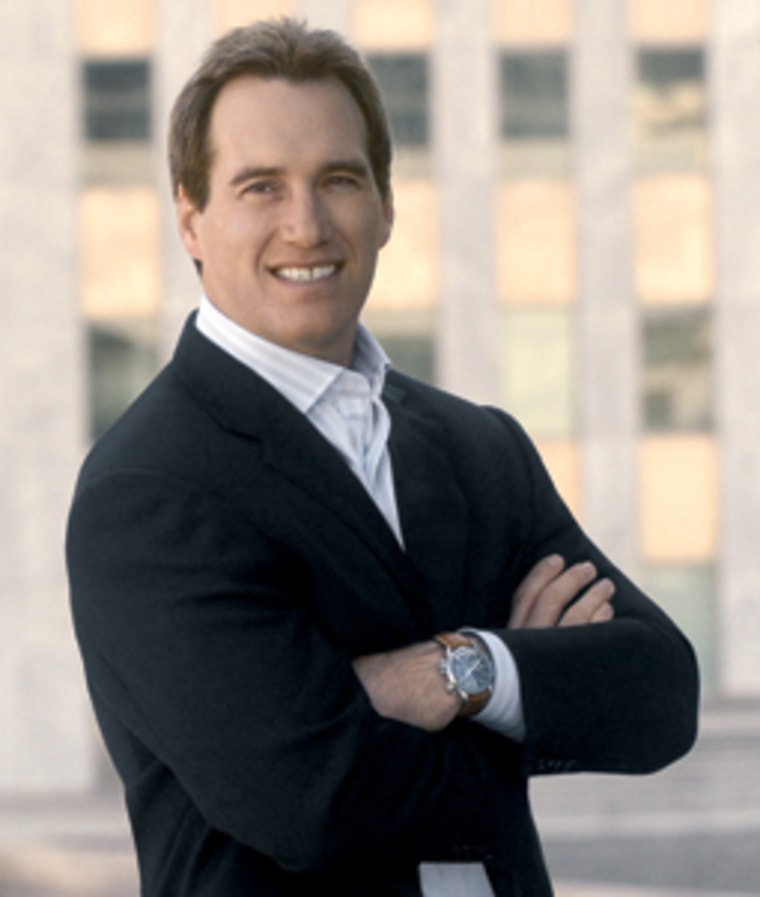To the general public, the quick and brutal decimation of BP’s reputation following the Gulf oil spill was a natural result of the environmental disaster.
For Dov Seidman, it was a teachable moment about the power of building a strong reputation based on good business practices before a crisis happens.
“To understand the world we’re in is to understand that you can’t manage your reputation. You have to earn it,” he said.

Seidman, author of “How: Why HOW We Do Anything Means Everything … in Business (and in Life),” argues that in today’s hyperconnected, technology-driven world it’s not what we do, it’s how we do it that matters.
“I use it as a noun. It’s the ‘how’ that makes the difference,” he said in an interview with msnbc.com. Seidman is delivering a keynote speech at a meeting of msnbc.com employees in Redmond, Wash., this week.
Seidman likes to think of his strategy as “outbehaving” the competition. Instead of adopting a corporate war mentality based on hoarding information and ruling with fear, he argues that companies can get ahead by acting with integrity and transparency, and by building a strong reputation.
“Our (concept) is seeing our behavior as a source of advantage, the source of making richer and more lasting connections with others,” he said. “We’re in an era of behavior.”
In BP’s case, a yearslong marketing campaign aimed at positioning the company as being environmentally conscious and “beyond petroleum,” did nothing to slow a barrage of criticism about how it handled the oil rig explosion and massive spill in the Gulf of Mexico. A series of executive gaffes also didn’t help.
To Seidman, the BP disaster also showed that in today’s wired world, where information can traverse the globe in seconds, it’s not enough to have a marketing campaign espousing a set of beliefs. You also have to show people that you have incorporated those beliefs deeply into your company’s DNA.
“The real question is how they have been earning or not earning a reputation over many, many years, so that when a crisis hit them — and crisis can hit anybody — they as a matter of instinct were able to connect with the people of Louisiana in ways that will allow them to forge ahead,” Seidman said.
Seidman, who regularly advises top executives on how to run their businesses better, sees the financial crisis and recession as an opportunity for forward-thinking companies to adopt better, and more ethical, behavior.
“I think we need to rethink ‘too big to fail.’ We need to be too principled to fail or too significant or too sustainable to fail,” he said.
As a business owner, he tries to put his money where his mouth is. So when Seidman decided to cut jobs at his own firm, LRN, he said he tried to embrace the principles he tells other companies to follow: integrity and transparency.
Seidman could easily have said the recession had hurt business and forced layoffs at the company, which works with companies on business ethics. But instead, he said he needed to restructure the company, getting rid of 63 employees and hiring more than that number of new employees with different skills. The company currently has about 300 employees.
“I said, ‘We don’t have to do this,’ ” he recalled. “I didn’t act out of necessity. I acted out of choice. I felt like our mission of trying to inspire principled (behavior) in the world could not be achieved unless we really changed.”